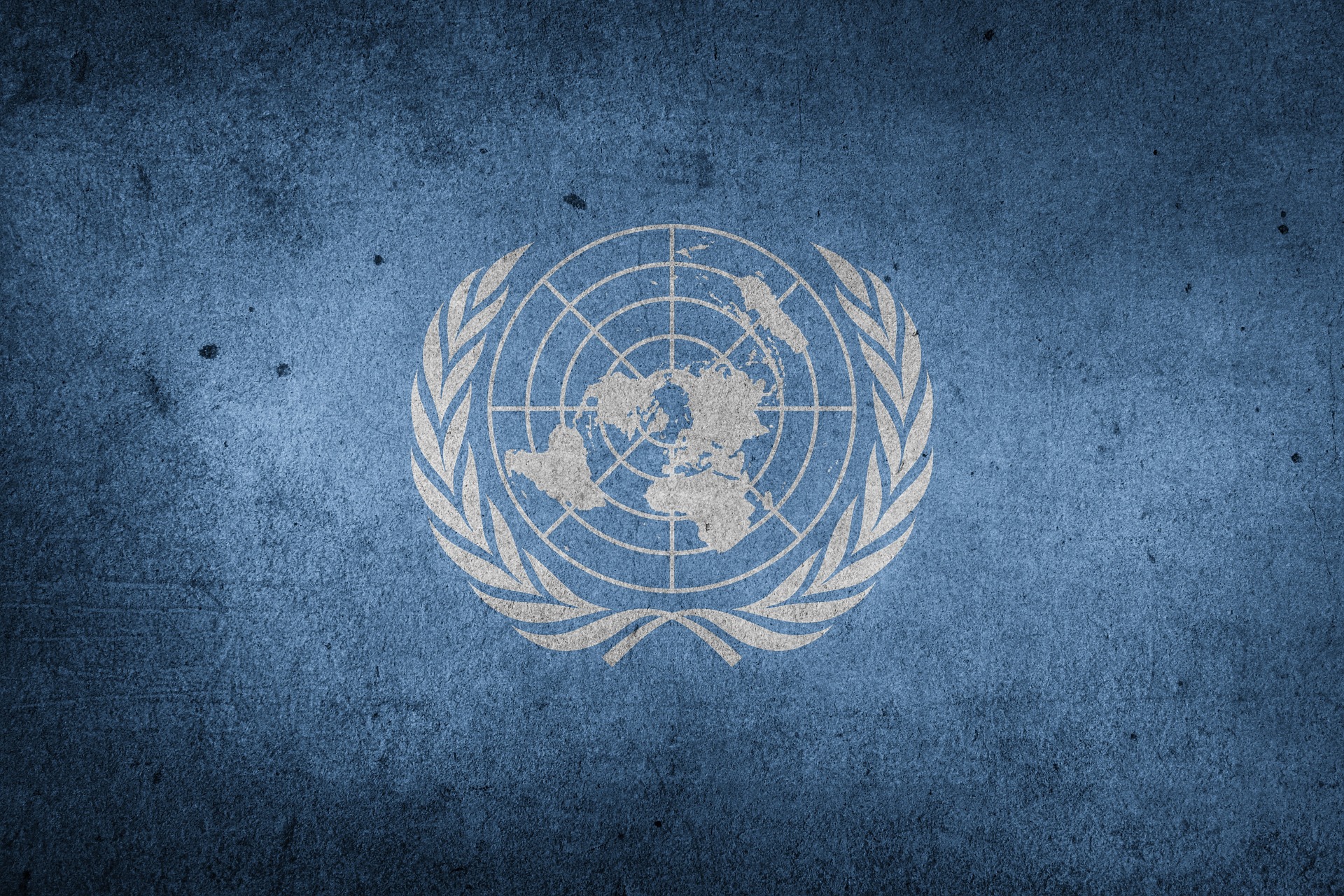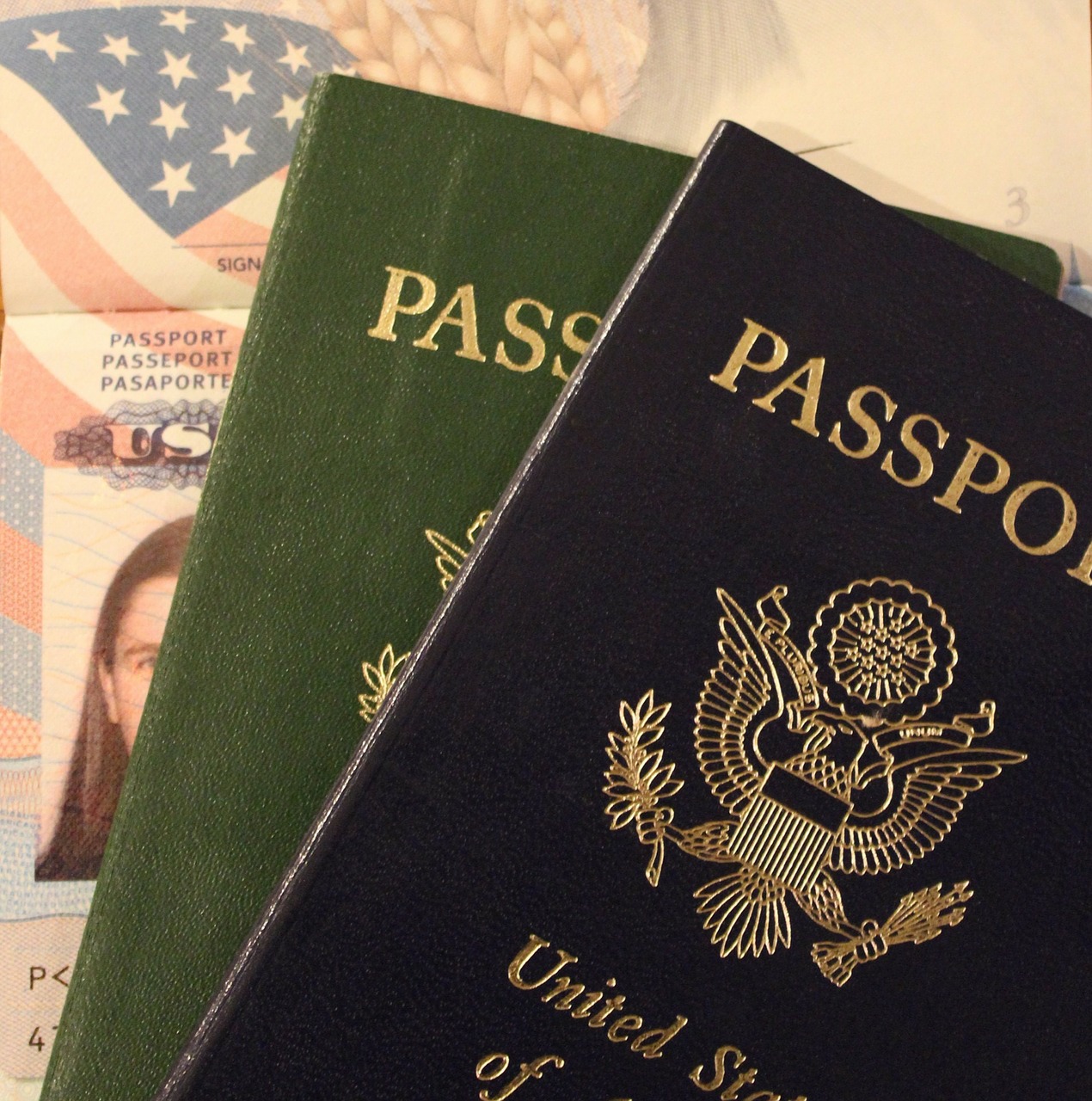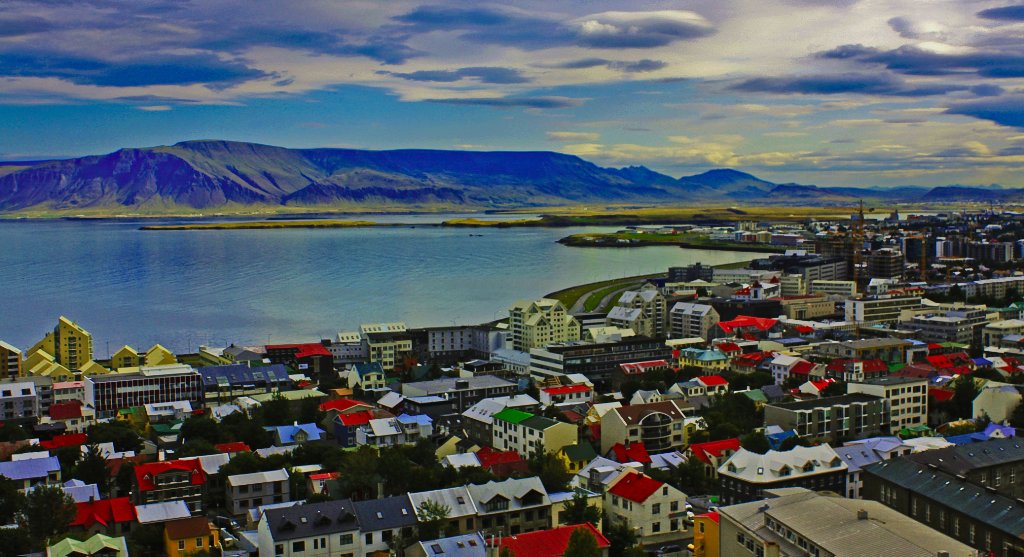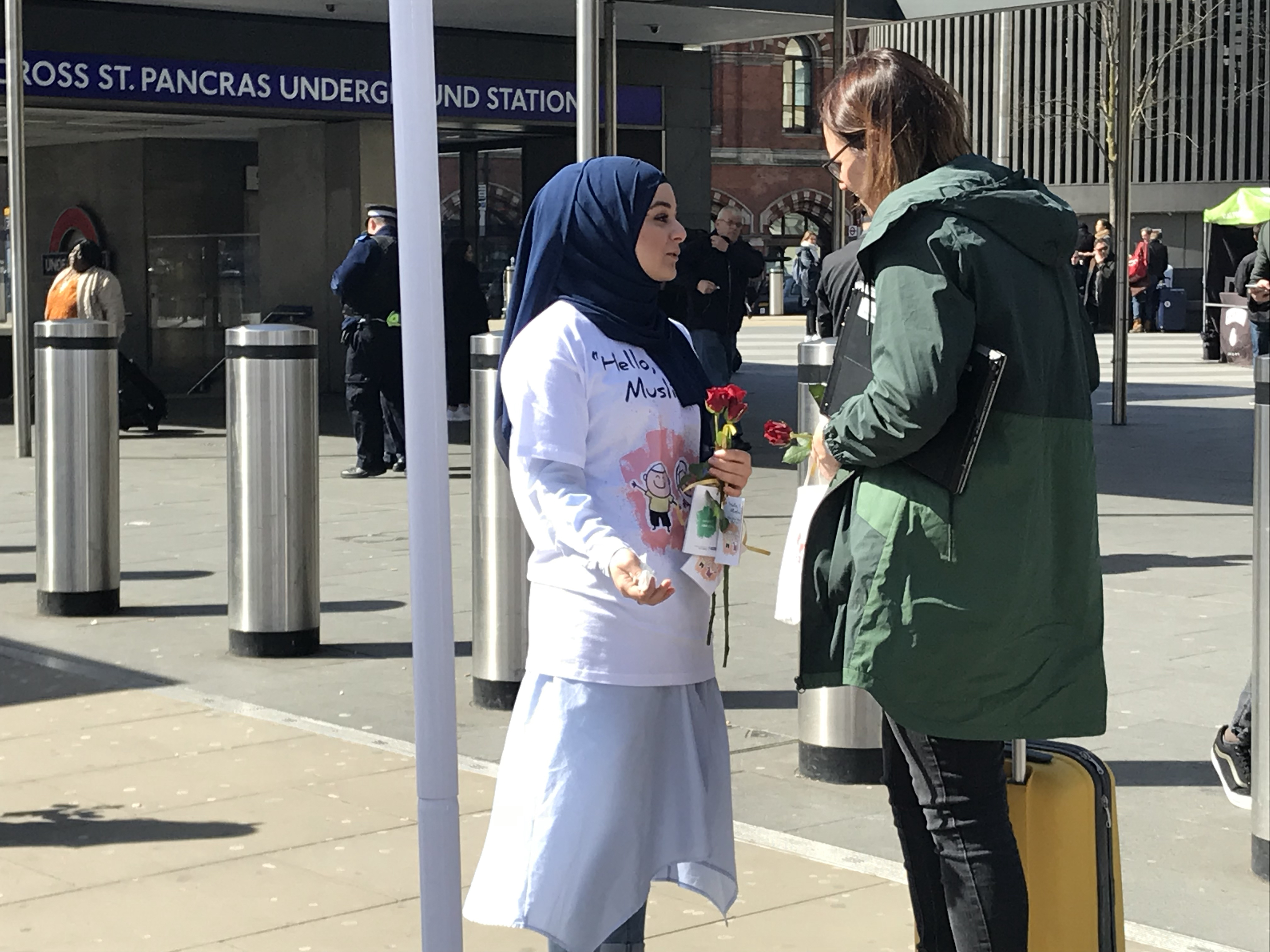In a report on the health of democracy in the post-Soviet world, Freedom House painted a bleak picture of the state of liberal values in parts of Europe. The Washington-based human rights advocacy organization, which publishes a global freedom index every year, highlighted a number of worrying trends in 29 countries in Eastern and Central Europe, the Balkans and Central Asia.
Chief among them was the strengthening of authoritarian politics in a number of countries, as well as the rise of “illiberal nationalism” in others, particular European Union democracies like Poland and Hungary. The European struggle to come to grips with the migrant crisis on its borders, as well as ongoing economic turmoil, are the leading causes of this democratic malaise, according to Freedom House.
The new assessments were published this week in Freedom House’s annual Nations In Transit report, focused on the countries that started transitioning toward democracy after the fall of the Soviet Union. It usesthe organization’s specific ratings that evaluate nations across a range of criteria, from corruption to the strength of electoral institutions to the independence of the media. Weighted for population, the average Democracy Score in the 29 countries profiled by Freedom House has declined for 12 years in a row.
“The biggest challenge to democracy in Europe is the spread of deeply illiberal politics,” details Freedom House’s press release. This, as WorldViews has charted over the past year, has been very much on display in the response to an influx of refugees and migrants from Syria and other countries. Right-wing politicians, including Hungarian Prime Minister Viktor Orban, fanned populist flames by grandstanding over the threat of Muslim migration.
Their rhetoric, garbed in ominous declarations of a clash of civilizations, played to domestic audiences and, in a few cases, boosted the political prospects of some ruling parties. Governments from Poland to Slovakia to Hungary rejected E.U. proposals to accommodate tiny numbers of refugees.
Leaders in these countries, the report states, “exploited the crisis to strengthen their populist appeal, disregarding fundamental humanitarian principles and the ideals of democratic pluralism for short-term partisan gain.”
The mood exacerbated wider strains within the European Union, whichfaces an existential moment in June as Britain votes in a referendum on its membership in Europe.
“Claiming that Europe faces a Muslim invasion has become standard fare for a range of politicians and political parties in Europe,” Nate Schenkkan, project director of Nations in Transit, said in a statement. “This kind of speech undermines democracy by rejecting one of its fundamental principles—equality before the law. There is a danger that this kind of hateful, paranoid speech will lead to violence against minorities and refugees.”
The report also digs into various social and political crises in Eurasia sparked by the drop in global oil prices, the scourge of corruption in Ukraine and the deepening dictatorships of Central Asia. You can read it in full here.






